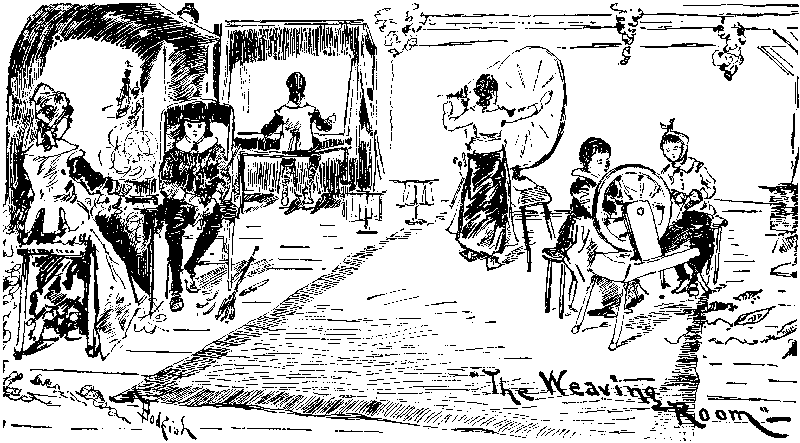
People thought that theses were three basic rights: life, liberty & property. They considered a government to be good if they protected these three rights.
One of the Intellectual Protest was led by Patrick Henry in which he drafted a document called “Virginia Resolves” in which he declared that only colonists had the right to tax themselves.

During this time, a group of people that defended their rights of taxing were called Sons of Liberty, being Samuel Adams one of them. They led groups for public protests. The angry crowds assaulted anyone who was with the King or anyone who collected taxes. Tax Collectors suffered the Tarring and Feathering assaults, in which colonist poured tar and then feathered the man; sometimes they also poured hot tea in their mouth. By the end of 1765, there was no one to collect who collected the taxes.

To describe the Economic protests, the colonies agreed on abstaining from buying anything that came from England; this action is called a boycott. English merchants’ economy became endangered because they lived from exporting their products to the colonists.
During this time, women became very important, they were called Daughters of Liberty and they became much respected. Their job was to make homespun clothes.

The three combinations of protests did work; the Parliament repelled the Stamp Act in 1766. But the Parliament also emitted another act in which they stated that they had the right to tax the colony because they were part of the British Empire.








